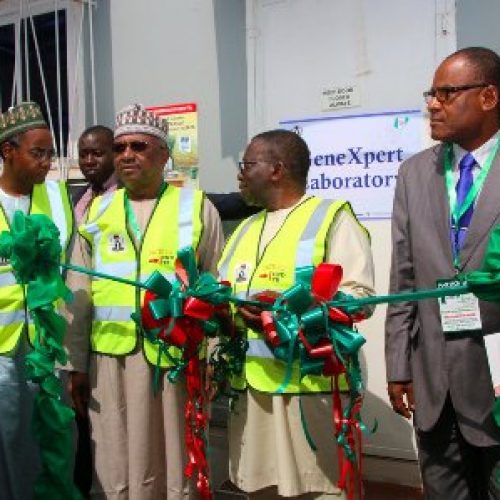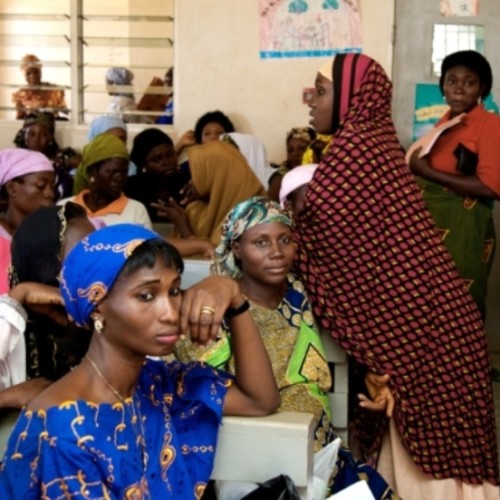<strong>Don calls for urgent action to address Nigeria’s high child mortality</strong>
Professor of Statistics, Abdur Rasheed Kola Ojikutu has called for urgent action to address the issue of child mortality in Nigeria. He made the call on Wednesday, March 1, 2023 while delivering the University’s 12th Inaugural Lecture in the 2021/2022 Academic Session.
Titled: “Under five Children in Nigeria: Expensively Acquired, Cheaply Discarded”, the inaugural lecture which held in the J.F. Ade. Ajayi Auditorium provided a platform for Professor Ojikutu to shed light on the critical issue of child mortality in Nigeria, and the need for everyone to work together to reduce this tragic reality.
Professor Ojikutu shared his personal experience growing up in a large polygamous family in Lagos, Nigeria and how child mortality was a prevalent issue. He also touched on the societal pressures placed on women to bear children of their own, which added to the already dire situation.
Taking a statistical approach, he analyzed the trend and prevalence of child mortality in Nigeria and wondered “why Nigeria has one of the highest rates of child mortality in the world? and “why this rate has failed to decrease significantly even after 62 years of independence?”
He explained that Under-Five (UF5) mortality is the probability that a child born in a specific year or period will die before reaching the age of 5 years, based on mortality rates of that period, expressed per 1,000 live births. According to the Nigeria Demographic Health Survey (NDHS, 2018), the under-five mortality rate in Nigeria is 132 per 1,000 live births. This means that one in eight Nigerian children never reach the age of 5 years, and tragically, one Nigerian child under-5 years of age dies every minute.
Professor Ojikutu informed the gathering of statistics published by the World Health Organisation in 2021 which reported that about 700,000 children died in Nigeria before their fifth birthday. He listed major causes of these deaths as malaria (20%), pneumonia (17%), prematurity (12%) and diarrhoea (11%), as reported by several other researches conducted before 2021.
He posited that the average Nigerian child is vulnerable to harmful traditional practices that increase the risk of under 5 mortality rate. Some of these practices, according to Professor Ojikutu’s studies, are parents’ unwillingness to explore available orthodox health facilities at the earliest opportunity, their refusal to accept that many health challenges are physiological rather than theological etc.
He cited some traditional practices such as female genital mutilation and force-feeding in children who refuse to eat as high-risk practices that have led to child mortality and are still practiced till date.
The Inaugural Lecturer reminded the audience that “life is sacred, and we cannot stand by while the citizenry is affected by ignorance and gullibility.”
Professor Abdur Rasheed Kola Ojikutu is the first Professor to be appointed in the Department of Actuarial Science and Insurance, Faculty of Business Administration (now Management Sciences), University of Lagos (UNILAG) in 2010. Born on Wednesday, April 22, 1953, into the Ojikutu family of Isheri-Olofin, Lagos Island, Lagos State, Nigeria Professor Ojikutu is the current Chairman and Pro-Chancellor of the Lagos State University (LASU).







0 Comments
No Comments Yet!
You can be first to comment this post!